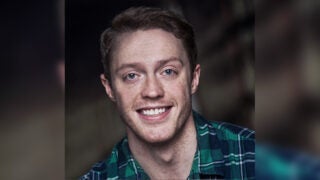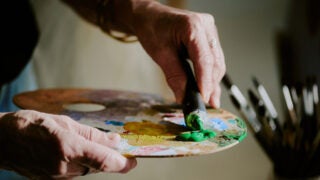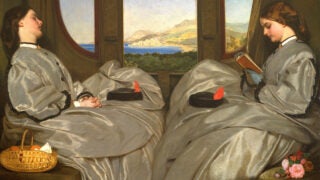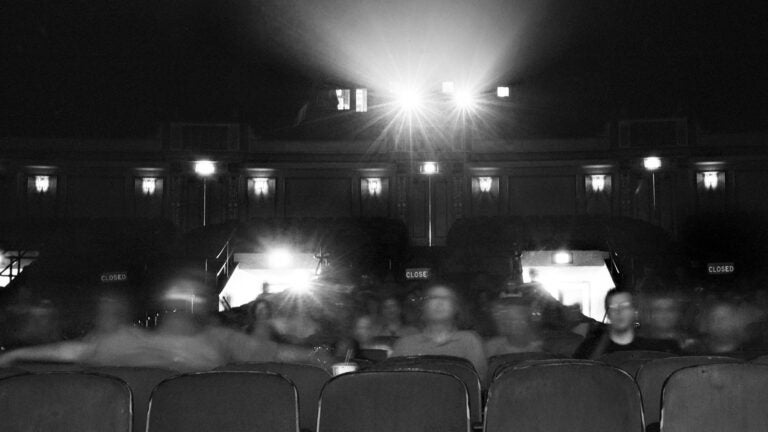
Movie theater (Photo/Emily Barney)
Lights, camera, criticism: Trojan takes on role as nationally syndicated film writer
Go behind the curtain with Katie Walsh, who steps away from doctoral work to focus on the larger meaning of cinema
After earning a bachelor’s degree in film studies at Wesleyan University and working in the film industry for several years, Katie Walsh ’13 launched her academic career at USC, finishing her MA in cinema and media studies. She now works as a nationally syndicated film critic, while on leave of absence from her PhD work in communications at the USC Annenberg School for Communication and Journalism. Walsh discussed her academics at USC and current role as a writer and film critic for the Tribune News Service and Los Angeles Times.
After earning your MA at the USC School of Cinematic Arts, you started a PhD in communications at USC Annenberg. Can you share what inspired you to continue to pursue an academic career at USC?
I really loved working with students, and that was the main motivating factor for me to pursue a PhD. I worked in the Writing Center and I was also a teaching assistant. It’s the best feeling in the world for me when I could explain something to students and see their brains explode. I love being able to help shape their understanding of the world, and seeing them understand difficult concepts or write an awesome paper is empowering.
I also felt that the two years I spent on my master’s wasn’t enough time. I wanted to do more. I wanted to think more. Most of my academic interest was in TV and social networks. So when I was applying to PhD programs, the Annenberg path seemed like the better fit — my focus being the way that audiences interact with TV as empowered by technology.
During that time, I was writing film reviews for The Playlist. Then, eventually the L.A. Times got in touch with me to write for them, and then I was offered a job at the Tribune News Service. So ultimately, I decided to take a leave of absence because I knew both my studies and my work would’ve probably suffered if I had tried doing both at the same time.
Could you talk about your role as a film critic, especially in the context of the massive evolution of Internet platforms that allow people to write whatever they want?
Film criticism has proliferated and become more democratized because of the internet, which I think is a positive thing. I would not have my job if it wasn’t for the internet because I started writing for my friend’s blog that eventually helped me build my credibility, hone my voice and skills as a film critic, and gain exposure as a writer. So I owe my career to the internet.
In terms of my role, in a teaching setting, I try to explain and translate a piece of media or reading, and that’s sort of what I do for people reading my reviews in the newspaper. I try to contextualize the meanings of films for the readers.
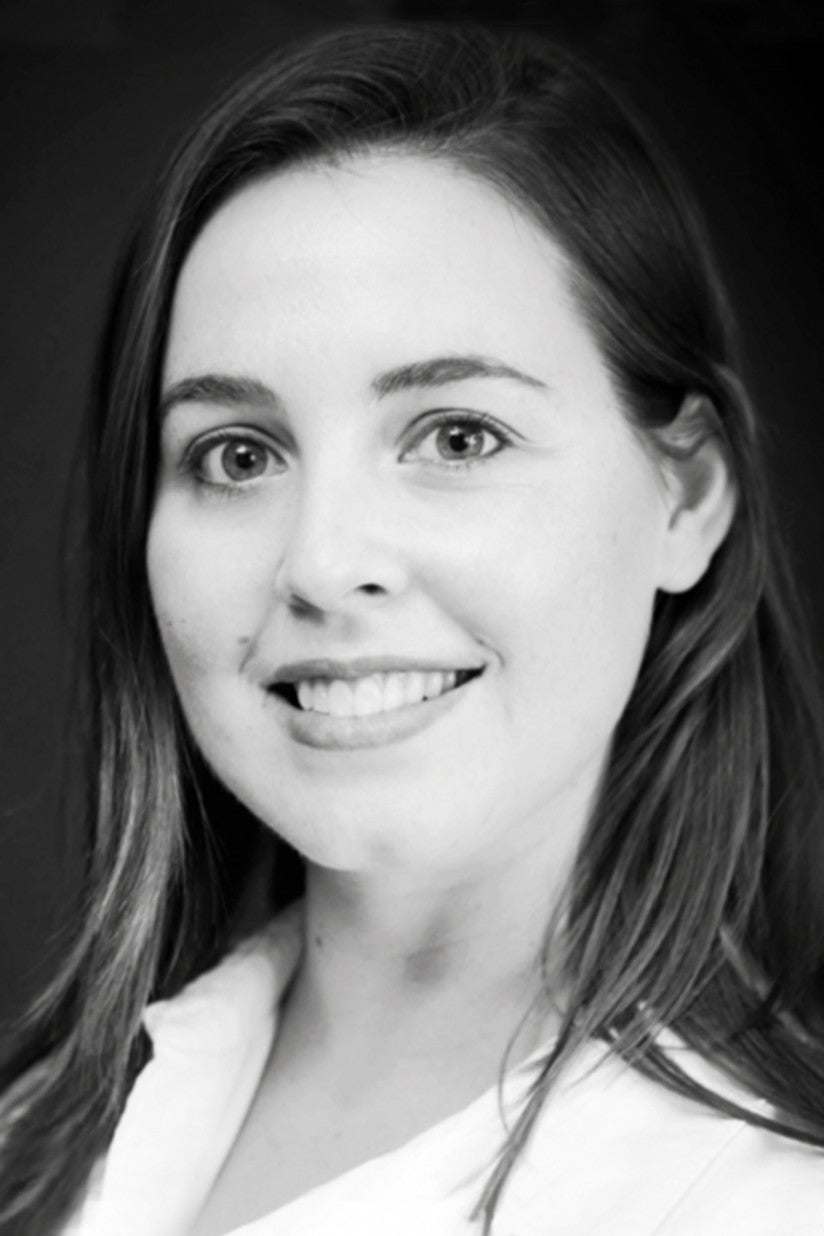
I’m also aware that you can’t grade or really rate a piece of art. Watching movies is so subjective. Each person brings his or her whole identity to it. I bring my age, my personal taste, my gender, and all these parts of my identity play into how I see and respond to a movie. That’s why I think it’s important to have more women, more people of color as film critics because everyone brings a different perspective.
I want to be able to show the people who read my reviews that these movies are not just escapism — they mean something in the world. Movies use imagery and symbols to tell us something about ourselves and show us how we understand the world we live in. I learned about this in Drew Casper’s classes. I always want to talk about what the movie means. Behind all the technicality of the movie, I try to write about the larger meanings. That’s my goal every time I write something, asking myself, “What does this really mean?” And sometimes movies don’t have an underlying meaning. There’s merit in that, too — movies that are purely entertainment.
With the new rise of feminist voices in the industry, how do you see it beginning to impact the cultural nuances of film and television?
Championing female filmmakers has been one of my serious causes. When I was working on my PhD, I was a research assistant for Stacy Smith at the Media, Diversity & Social Change Initiative at Annenberg. I was a research assistant on one study that was funded by Women in Film and Sundance. We looked at the trajectory of women directors and their careers in Hollywood. On the independent film festival level, the gender breakdown is more equal. But once you get to the industry, it’s terrible. It’s really hard for women to get second and third movies made, whereas a lot of male directors are plucked out of Sundance and are given huge blockbuster movies. Most of the people in charge are men, so unless you make a concerted effort to have more diversity, the industry is going to remain the same. There needs to be many different voices creating art. Having just one perspective is extremely limiting. Audiences are super diverse so why not have the creators of the art reflect the audience? Because ultimately, more voices allow for better art.
It’s important for audiences to think about how a lot of the movies they’re watching are made from the male perspective, and then thinking about how that has affected the way they see women. There’s been so much discussion about women in film and diversity on screen, but I don’t know that it’s actually changing things. But the discussion is bringing a lot of attention to this issue and allowing for some really exciting steps to be taken. It’s still an uphill battle at this point.
What are you up to now and what are your plans for the future?
I’m still writing for the L.A. Times, the Tribune and The Playlist. For now, I’m trying to expand my writing portfolio. I won’t be going back to school next year so that I can keep writing for the time being and see where it goes. I’m also interested in working on a short documentary and a screenplay.

